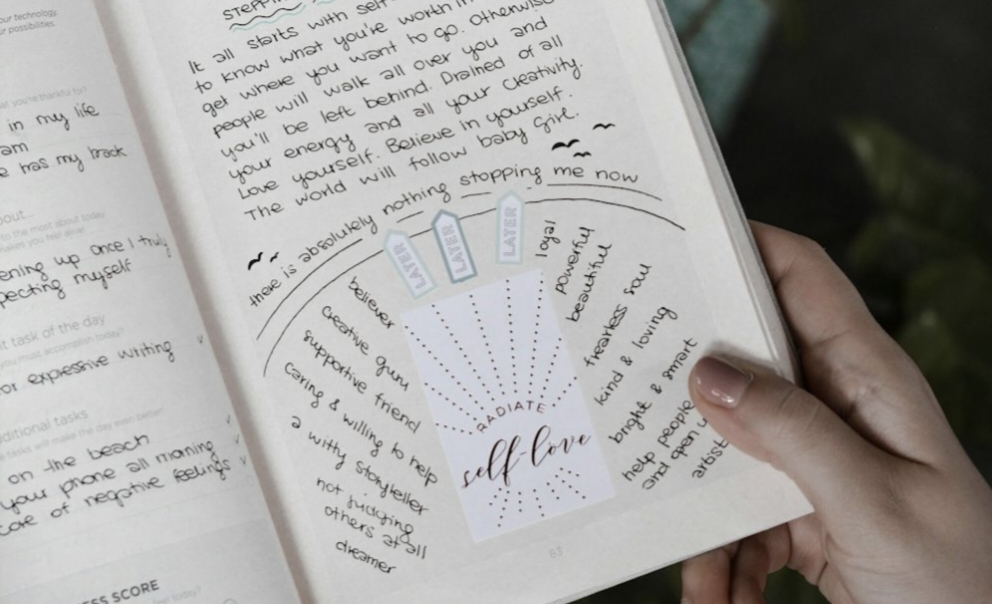In our fast-paced, interconnected world, the idea of spending quality time alone may seem counterintuitive. However, prioritizing solitude is essential for mental, emotional, and physical well-being. Taking time for yourself can lead to greater self-awareness, creativity, and overall happiness. Here’s why and how you can cultivate this vital practice.
## Understanding the Benefits
### 1. Enhanced Self-Awareness
Spending time alone allows for introspection. It provides a unique opportunity to reflect on your thoughts, feelings, and desires without external distractions. This self-reflection fosters a deeper understanding of who you are, enabling you to make more informed decisions in your life.
### 2. Stress Reduction
Life can be overwhelming. Taking a break from social interactions and responsibilities can help reduce stress. Engaging in solitary activities can serve as a form of self-care, allowing your mind to rest and recharge.
### 3. Increased Creativity
Many creative individuals find that solitude fuels their imagination. Without the influence of others, you can explore your thoughts freely, leading to innovative ideas and solutions. Journaling, painting, or simply daydreaming during alone time can unlock your creative potential.
### 4. Improved Focus and Productivity
When you spend time alone, especially in a distraction-free environment, you can focus more effectively on tasks. This dedicated time can enhance productivity, whether you’re working on personal projects or professional responsibilities.
### 5. Strengthened Independence
Cultivating a sense of self-sufficiency is vital for personal growth. Learning to enjoy your own company helps build confidence and independence, reducing reliance on others for happiness and fulfillment.
## How to Spend Quality Time Alone
### 1. Engage in Hobbies
Explore activities that bring you joy, whether it’s reading, gardening, or crafting. Hobbies not only provide relaxation but also stimulate your mind and allow for personal expression.
### 2. Practice Mindfulness and Meditation
Incorporating mindfulness or meditation into your routine can enhance self-awareness and reduce stress. Spend a few minutes each day focusing on your breath or engaging in guided meditation to center your thoughts.
### 3. Nature Walks
Connecting with nature is a powerful way to rejuvenate your spirit. Whether it’s a walk in the park or a hike in the woods, being outdoors can provide clarity and a sense of peace.
### 4. Journaling
Writing about your thoughts and feelings can be therapeutic. Journaling helps you process emotions, track personal growth, and clarify your goals.
### 5. Set Boundaries
In a world where social obligations often feel overwhelming, it’s essential to set boundaries. Allow yourself the freedom to say no to invitations when you need time for yourself.
### 6. Limit Digital Distractions
Consider unplugging from technology to truly immerse yourself in solitude. Limiting screen time can help you focus on your thoughts and engage in more fulfilling activities.
## Conclusion
Spending quality time with yourself is not just a luxury; it’s a necessity for a balanced life. By prioritizing solitude, you foster self-discovery, creativity, and resilience. In the hustle and bustle of daily life, carve out moments for yourself. Embrace the stillness, and you may find that it’s in those quiet moments that you truly come alive.

